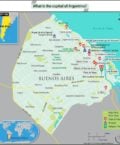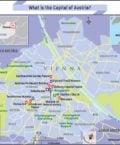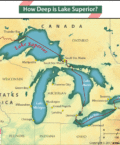Economic reforms increased real GDP growth and poverty in Bolivia came down. But in 1999 economic growth of Bolivia staggered once again because of international and domestic factors. Bolivia economy suffered again. Political instability and rising fiscal deficits hit the economy of Bolivia badly. The economic policies of ex-president Sanchez de Lozada supporting foreign investments in Bolivia led to unrest within the country and he had to resign. That brought an end to his plans of exporting the newly found natural gas reserves to foreign markets.
Taxes on natural gas and oil firms increased in 2005. The oil company owned by the state which became dysfunctional is under reconstruction. The state is also trying to gain ownership of gas production companies along with transportation, refining and storage companies. Though the real GDP improved as a result of more natural gas exports to Brazil the standard still was not up to the mark. Bolivia's economy improved due to a rise in fiscal surpluses in 2006. Help from the IMF and World bank has lightened fiscal burdens from Bolivian economy.
The GDP of Bolivia is $27.87 billion. Rates of unemployment and inflation are 7.8% and 4.3% respectively. Agricultural products of the country include soybeans, coffee, coca, cotton, corn, sugarcane etc. Major industries are mining, smelting, petroleum, food and beverages etc. Export partners of Bolivia are Brazil, US, Argentina, Colombia and Peru. Bolivia imports from Brazil, Argentina, US, Chile, Peru, Japan and China.
For more information log on to
- Economy of Argentina
- Brazilian Economy
- Economy of Chile
- Columbian Economy
- Costa Rica Economy
- Guatemala Economy
- Economy of Guyana
- South American Economy
- Economy of Panama
- Economy of Peru
- Venezuelan Economy




